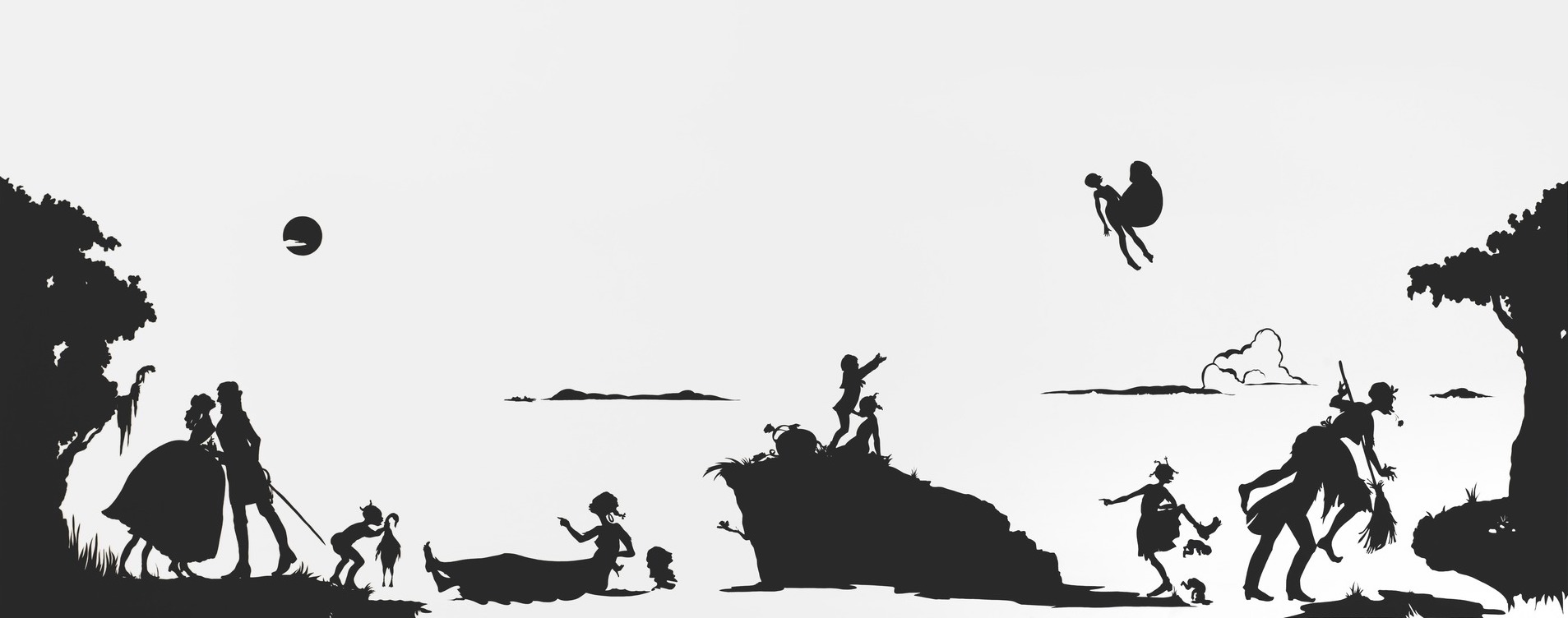Dr. Shakes talk spoke mainly about the dynamics and parallels between Black Panther and Luke Cage. She spoke on the representation of African culture within Wakanda and the intra conflict between Black Americans and Africans and how this conflict is used to define how blackness is defined through national and ethnic identities. A piece that really stood out to me and what I did not pick up on per se is the difference between Kilmongers view of trans-nationalism and Nakia. While on the surface level his version may result in violence which should not be the option, the deeper connection to his vengeance has to do with colonialism and the suffering/ genocide of his people and ancestors. When we touch on the Trans-Atlantic slave trade in class we go into detail about the commodification of black bodies and how the industry plays an integral role in how the past was shaped. But it is still playing a role in who we are as a people today. This is often overlooked in the discussion. The discussion needs to be rerouted to the root issue at hand and it starts with American imperialism and the institution of slavery, which is a point Dr. Shakes reiterated throughout the lecture.
Dr. Shakes also provided dialogue about Bush Masters’ being American by birth and how Jamaican culture deemed him “alien”. He is essentially an outcast even though he has ties to both cultures and has every right to belong. The main takeaway from the discussion that resonated with me was how we discuss and accept black identity without making one the main hegemony as Dr. Shakes said. The institution of slavery has hindered us, and the way we go about interacting needs improving. Many identities can co-exist at once and no one deserves to feel inferior, but because of slavery, these problems have been forced upon us
